Nepotism Paralyzes Afghanistan Security Institutions
President Mohammed Ashraf Ghani was concerned that he did not have the necessary influence on the security forces, that was why he made a series of appointments to answer these concerns.
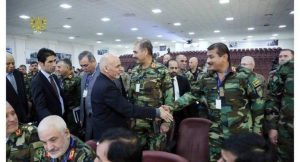
Dismissing the senior deputy to the Interior Ministry general Mural Ali Murad indicate that there are serious differences in the leadership of the security forces and security agencies. Rings have been formed within the ministries of armed forces and every top official pushes to make a loop for himself. Then, these loops face against each other and create troubles. Each of these circles consider themselves dependent on a political faction and have opposite interests. The activities of the ministries of armed forces have not been effective due to the same differences and circles.
Sometimes, logistic services face a problem at one point, in another point reinforcement does not reach, elsewhere, another problem emerges. In fact, there is no sign of management and good leadership.
This situation and nepotism within the security institutions must be ended in the past four years. When the National Unity Government (NUG) came to power, the responsibility for the war with the Taliban and the security of the areas under the control of the government was transferred to the Afghan National Security Forces. In fact, the security forces were tasked to defend the survival of the NUG. It was supposed that the leaders of the government and the entire political class in Afghanistan would put aside the political confrontation with the security forces and accept the competency as priority, so that these forces will shine at survival war, but fulfilment of such wish is impossible. The government leaders confronted with the security forces in line with their own political consideration.
President Mohammed Ashraf Ghani was concerned that he did not have the necessary influence on the security forces, that was why he made a series of appointments to answer these concerns. In many cases, these appointments were unjustified. in some units, instead of the commander, another one was politically strengthened to exercise authority and to create a military cover for the president’s faction. It is clear that officers, who did not consider themselves in line with the presidential faction, created their own circles and the inconsistency reached the peak.
Afghanistan has the bitter experience of the coups. 27 April coup put an end to democracy decade. Daoud Khan – whom president Ghani is very fond of him and even legitimize his July 17 coup – led a coup with his loyal officers in the army. The Democratic People’s Party also infiltrated within the army and then led a coup. If the military forces involved in political games, the past bitter experiences would repeat. When you depart the army from professional standards and injects factional thought to ordinary and top officers, the probability of their loyalty to an establishment will be decreased.
Unfortunately, the same activity has been applied to the NUG. The whole factions of this government, including the presidency, pushed to increase their destructive influence on the security forces, which did not end in the country’s interest. The security situation deteriorated over time in the country.
One of the major concerns of the International Community that finances Afghan security forces, is to break up these forces in ethnic and political ranks. Political confrontation with the security forces, ignoring the standards and disrespecting the rules and regulations of these forces, increases the probability of ethnic division within the armed forces and escalates global concerns. All political segments of Afghanistan should have agreed to professionally behave with the security forces, and not politically. But this has not been achieved in the past four years of the NUG and it is not expected to be achieved in the remaining time. The upcoming government should pay attention to this issue.
Akhtar Suhail – (DID) press agency
Translated by Zaher Mahjob


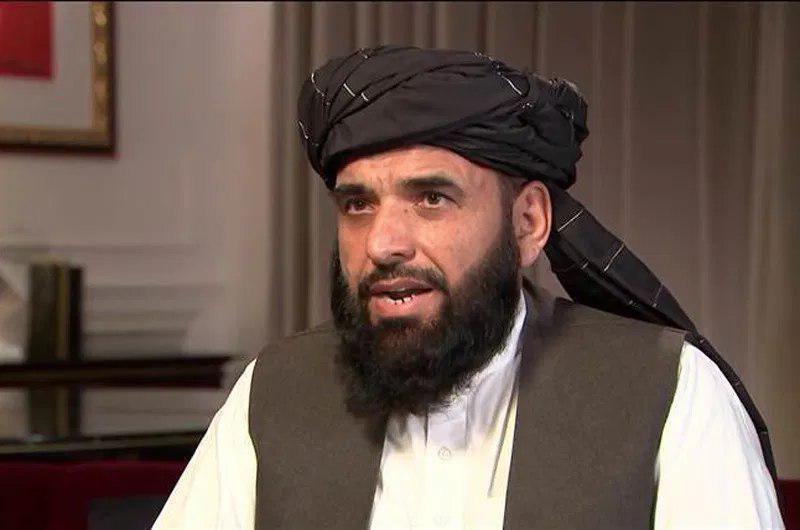
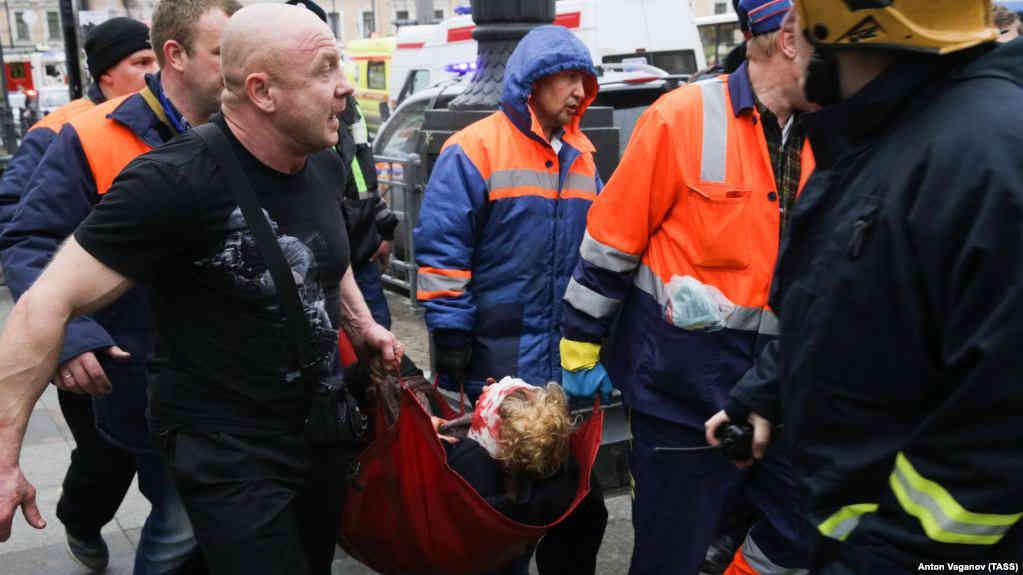
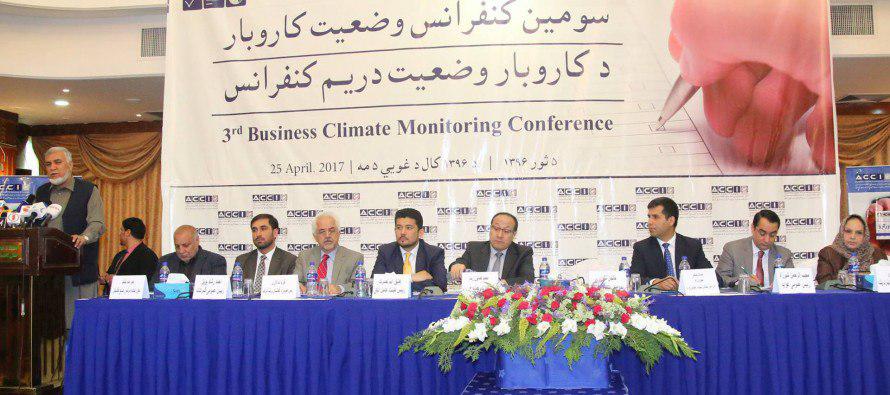
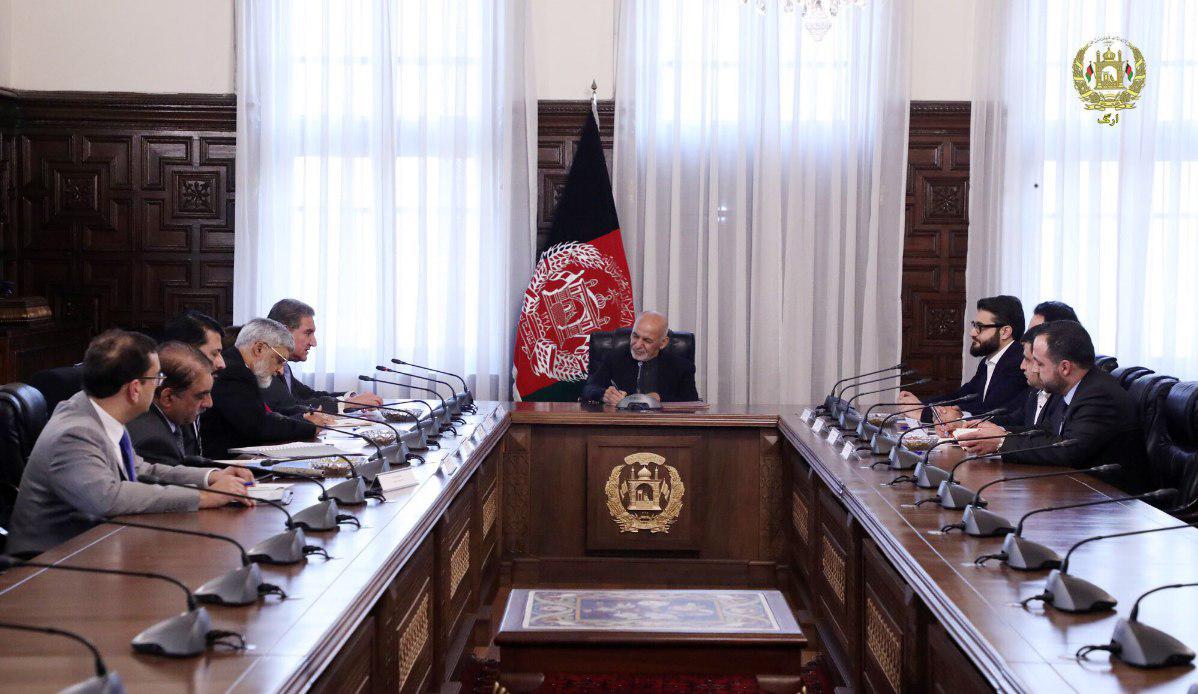
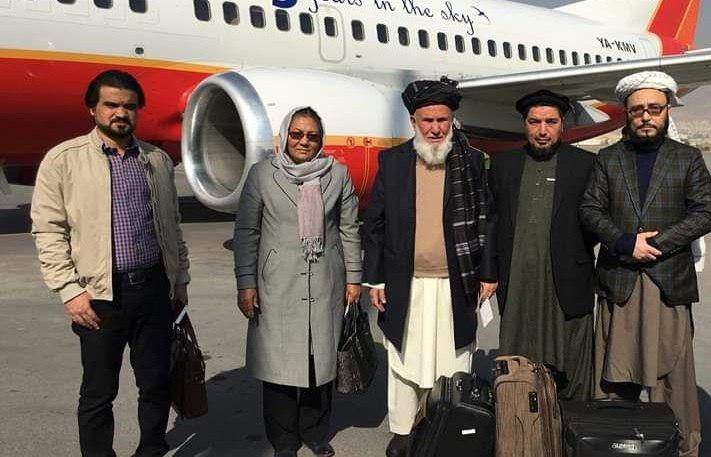
The UN Charter is a treaty ratified by the United States and thus part of US law. Under the charter, a country can use armed force against another country only in self-defense or when the Security Council approves. Neither of those conditions was met before the United States invaded Afghanistan. The Taliban did not attack us on 9/11. Nineteen men – 15 from Saudi Arabia – did, and there was no imminent threat that Afghanistan would attack the US or another UN member country. The council did not authorize the United States or any other country to use military force against Afghanistan. The US war in Afghanistan is illegal.
— Marjorie Cohn, professor at Thomas Jefferson School of Law, president of the National Lawyers Guild[3]